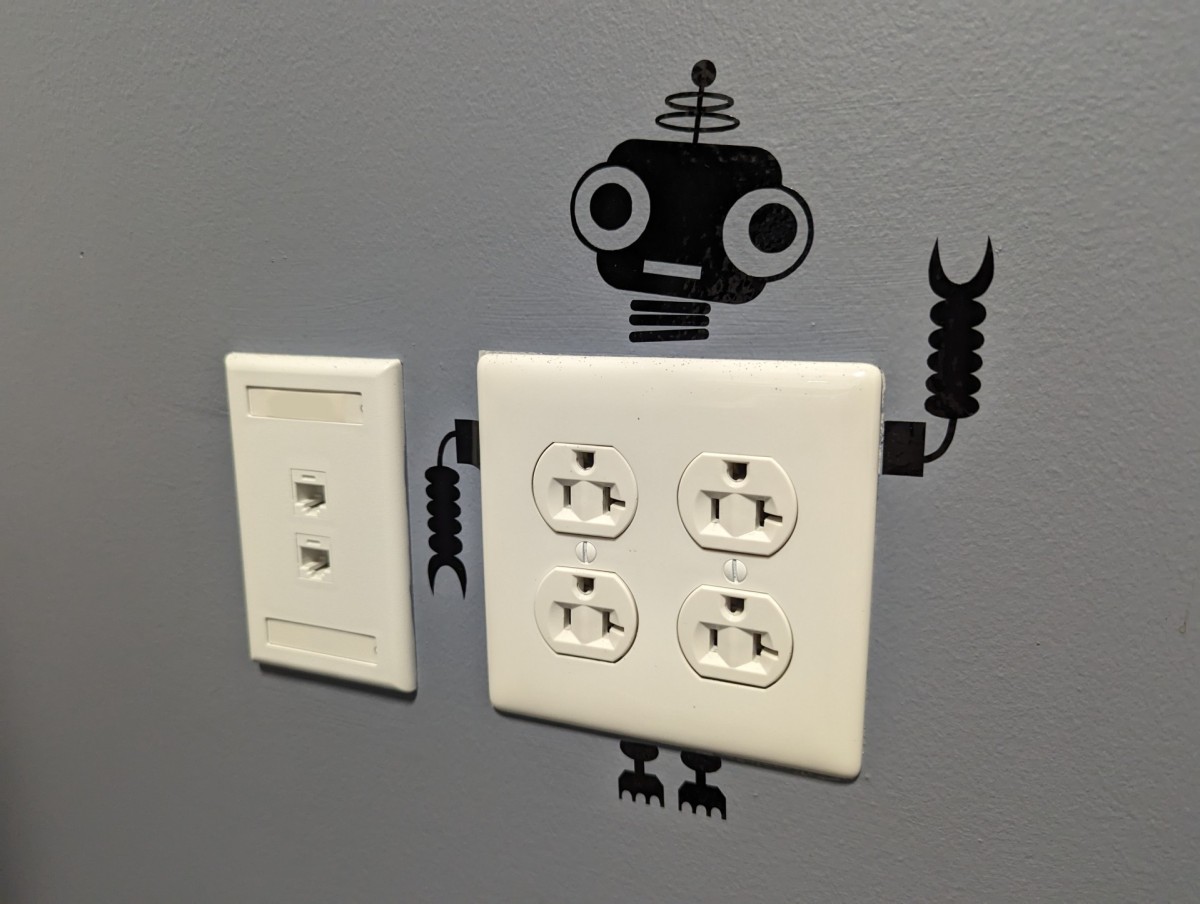Dispatches from the conference room • ZebethMedia
Greetings on a brisk New England morning. I’m finally here on my long threatened trip to Boston. I was planning to be here in early July ahead of our robotics event, but SARS-CoV-2 and its many variants had different ideas. I narrowly avoided another reschedule on my third time around with COVID, but now I’m in that brief (and ever narrowing) window of relative immunity. It’s like I’m Superman or something (probably shouldn’t have gone with one of the few DC superheroes without a mask). Given the fact that I haven’t been out since 2019, I may well have overbooked. Met with four startups yesterday afternoon after arriving at Logan, spent this morning meeting with a couple of VCs/accelerators and startups, and am currently writing to you from a MassRobotics conference room (shoutout to Joyce, who kindly reserved me a conference room to chat with some founders ahead of a panel and more meetings tonight). An aerial general view during a game between the Boston Red Sox and the New York Yankees on August 13, 2022 at Fenway Park in Boston, Massachusetts. Image Credits:Billie Weiss/Boston Red Sox/Getty Images Call it a fact-finding mission. Or maybe a temperature check. We’ve entered an interesting moment, where superpowered robotic VC investments are finally having to contend with the realities of market forces. For a moment there, the industry appeared relatively immune to the slowdown, but in spite of continued bullish feelings about automation at large, nothing here can appropriately be labeled “recession proof.” Anecdotally, we may have also entered the stage in which the key players in already well-represented categories such as logistics/fulfillment are already in place. That isn’t to say there isn’t room for key new players to enter the picture, but I suspect it’s a lot harder to get tens of millions in funding by telling investors that you’re an Amazon Robotics killer than it was at the beginning of the pandemic. At the moment, I’ve got a keen eye out for two things: First, the companies solving the extremely unsexy problems. There are still a lot of extremely bad — and impossible-to-staff — jobs out there that are ripe for automation. I spoke with a company that’s a great representation of that phenomenon, which I’ll dive into when I debrief my Boston trip in next week’s Actuator. Second, the key components of the broader robotics experience. I know a lot of well-funded companies are looking to create their full-stack solutions, but as these technologies grow in application, a ton of smaller industries are going to sprout up around that. If you’ve got a sufficiently adaptable piece of that puzzle, you’ve got a great — and perhaps overlooked — business on your hands. There’s value in well-placed myopia. Sometimes thinking small is the right business move. I realize and respect that a lot of folks enter the space with plans to change the world, but they think globally and act locally and all of that good stuff. Roughly 24 hours into this trip, and I’m realizing how much I missed landing in a place and talking to as many startups as possible. Glad I’m able to do this in Boston again, and hoping to be in more cities soon to see what companies are cooking and, perhaps, check the temperature of the industry from a much closer vantage point. Again, lots more on all of the above next week. Image Credits: Iron OX For now, two things are top of mind on this newsletter. One is fun. The other less so. We’ll start with the bad news first. Layoffs. Almost overnight, half the staff at Iron Ox is out of work. Even forgetting the extremely real and immediate human impact of such a move, it’s very disheartening for the industry. There are a lot of questions here. Is this a broader indictment of fully automated greenhouses? Is it something specific to Iron Ox? Perhaps the company’s solution was more proprietary and less adaptable to existing systems than a startup needs to be in the space. Either way, it’s hard not to walk away from this with the sense that such a well-funded firm is something of a bellwether for automation’s hard road ahead, as the space grapples with bigger macroeconomic issues. Chief legal officer Myra Pasek confirmed the layoffs this week with ZebethMedia. All told, they amount to just under half of Iron Ox’s staff, and appear to run across the organization. It’s a gutting of a company that is clearly doing some soul searching around which existing elements to capitalize on going forward. Says Pasek: We’ve decided to hyperfocus on our core competence of engineering and technology; as a result, we eliminated many roles that are not core to our renewed focus. However, the layoff was comprehensive and included positions throughout the organization — i.e., not limited to only certain departments. Reducing the Iron Ox team was a painful decision — one we did not take lightly. We are working with our board members and leaning into our extensive ecosystem throughout Silicon Valley to help employees find meaningful new work at mission-aligned companies. Iron Ox has always hired world-class talent, and I’m confident that the individuals we unfortunately had to cut this week will have many options open to them. As a matter of policy, we are not going to provide additional details or comment on specific personnel, and we ask that you respect their privacy at this sensitive time. This was precisely the caveat I was alluding to in last week’s newsletter when talking about climate robotics firms. Not everything is a surefire bet, but that shouldn’t distract founders from the fact that there’s a lot of good to be done and money to be made in this space. Image Credits: NimbRo The more pleasant news this week is around teleoperation. Our TC Sessions: Robotics pitch-off winner Touchlab made it to the semifinals, but ultimately, the XPrize Avatar trophy went to NimbRo, which hails from the Autonomous Intelligent

